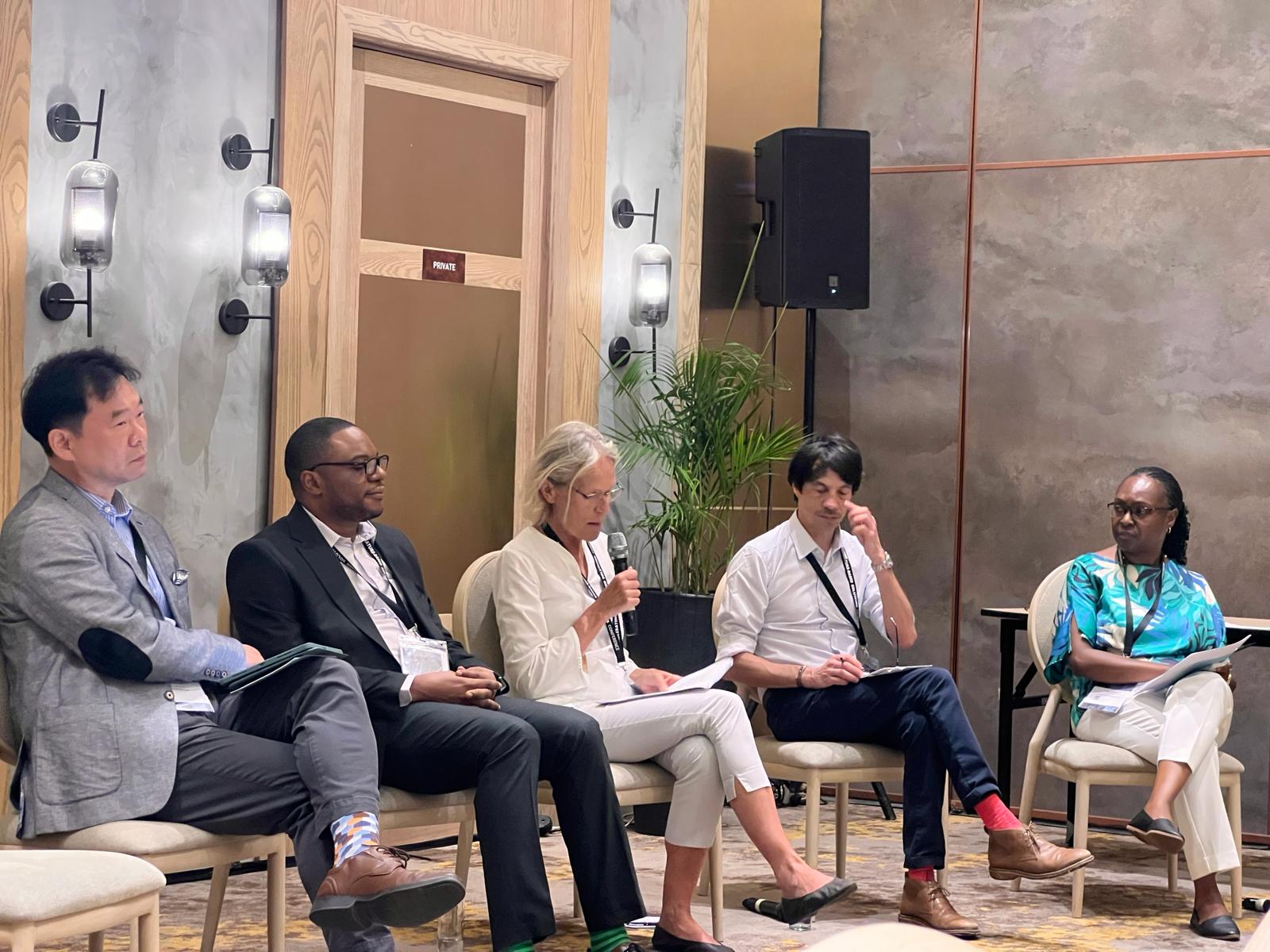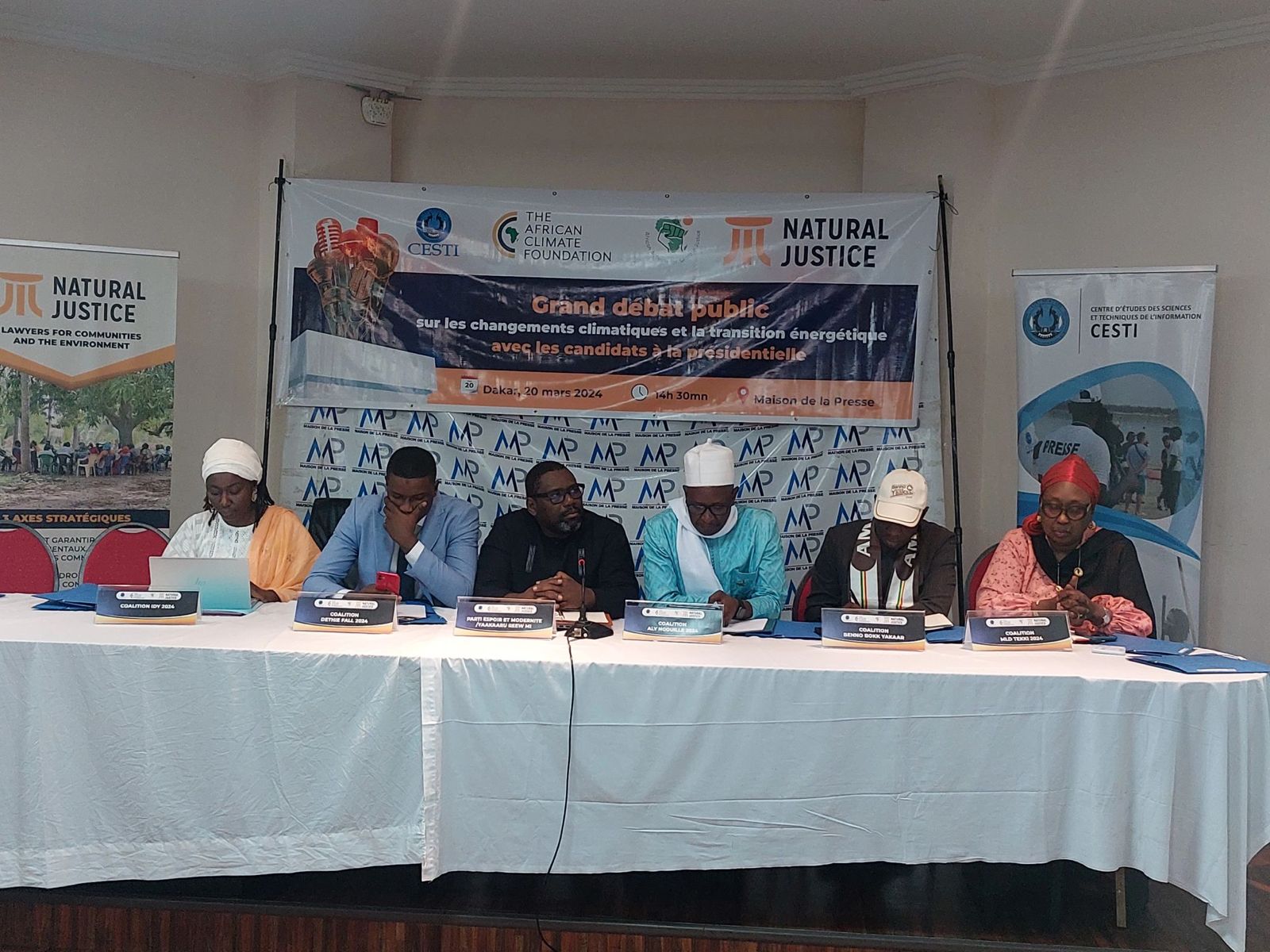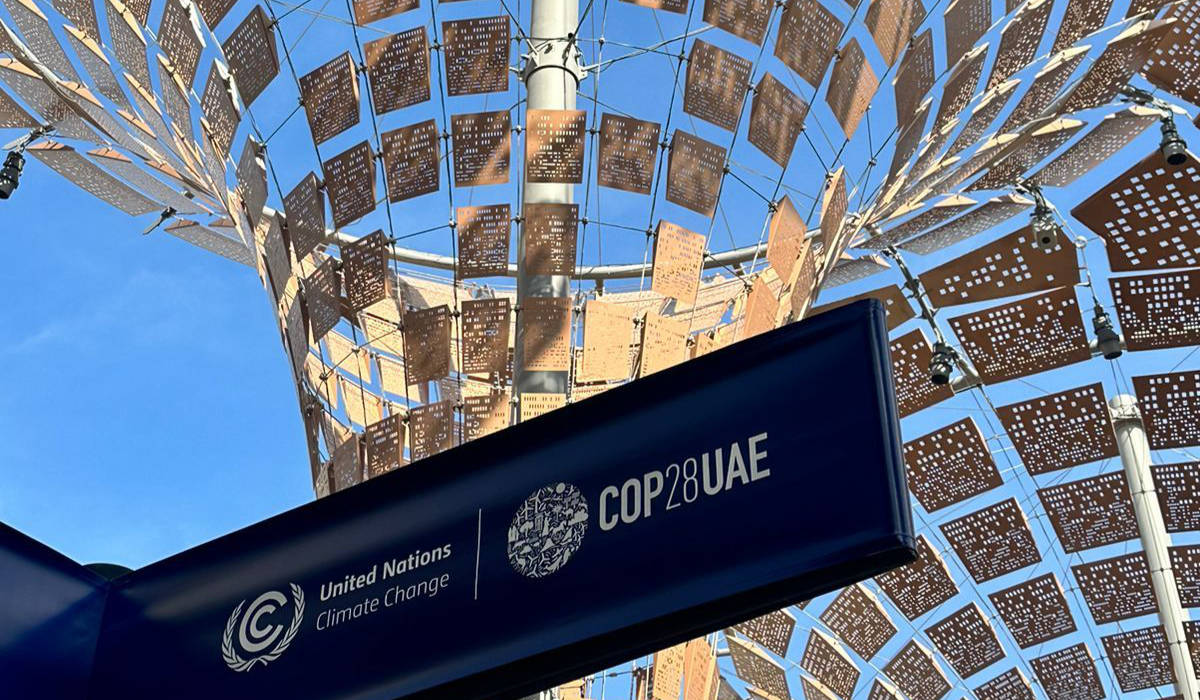[vc_row][vc_column][vc_column_text]
(Part One): The conceptual terrain
The concept of a ‘just transition’ in which worker jobs in a dying industry like coal mining are transformed into new skills in clean energy, is, in essence, not new. Every industrial revolution has brought about radical change, and the Fourth Industrial Revolution is no different.
“Look for a form for the whole of knowledge. Goal. Conditions required of this form – Its essential relation to language.” (Paul Valéry: Cahiers, Volume 5).
Around 2015, I participated in a government-led initiative, Mining Phakisa. This was perhaps the first time I encountered and had to grapple with the concept of a “just transition” in such a rapt way, given how the concept is now taking centre stage as a ritual discourse among environmentalists, renewable energy and climate proponents.
The year 2015 was also important in another respect — it was the year the Paris Agreement was concluded and specific mention was made of the concept of the just transition in this agreement.
[/vc_column_text][vc_button button_color=”accent” size=”btn-lg” border_width=”0″ link=”url:https%3A%2F%2Fwww.dailymaverick.co.za%2Fopinionista%2F2021-01-11-unpacking-the-just-transition-part-one-the-conceptual-terrain%2F|target:_blank”]Read the full article on Daily Maverick[/vc_button][vc_column_text]
(Part Two): Between recovery and reconstruction
We are entering an era of decarbonisation where those stuck in the old fossil economy will find themselves in civilisational backwaters from which they may not return. The flurry of new technologies in what has been called the rise of ‘electrostates’ cannot be dismissed – they will have geopolitical significance for all of us.
“What Jacob Burckhardt said of ‘great men’ most Americans might well say of their elite: ‘They are all that we are not.’” (C Wright Mills, The Power Elite)
“People who know only economics do not know much about economics.” (John Kay and Mervyn King, Radical Uncertainty)
Among environmental groups, there is an eagerness to insert green recovery plans (like the Build Back Better campaign, which rings hollow in countries with high inequality) into the phase of economic collapse post Covid-19, which in the case of Africa already looks like a long, bleak and unpromising recession.
Transitions can effect change – they change the substance, but they often keep the form. They may well preserve and deepen the crisis of structural inequality and give the elites something new to spend on. Or they may well deepen the social crisis so much that the form cannot survive in its old structure. In many countries, climate transitions, post-Covid-19, are at the fork in the road – between tinkering on the edges or shifting the entire base of the form.[/vc_column_text][vc_button button_color=”accent” size=”btn-lg” border_width=”0″ link=”url:https%3A%2F%2Fwww.dailymaverick.co.za%2Fopinionista%2F2021-01-13-debating-the-just-transition-part-two-between-recovery-and-reconstruction%2F|target:_blank”]Read the full article on Daily Maverick[/vc_button][vc_column_text]
(Part Three): Saving Leviathan and reconstructing South Africa — the state as solution to our woes
The success or failure of a just transition relies on a capable state to shape the ethos and redistributive mechanism of the economy by taming the excesses of the market. But the South African Leviathan is weakly shackled and, as the last decade has shown, it has the capacity to go rogue.
“Another reason for controlling political and economic inequalities is to prevent a part of society from dominating the rest. When two inequalities are large they tend to go hand-in-hand. This allows a few, in virtue of their control over the political process, to enact a system of law and property ensuring their dominant position not only in politics but throughout the economy.” (John Rawls, Lectures on the History of Political Philosophy)
Structural inequality has long been prevalent – you do not only have to wade through Thomas Piketty’s doorstoppers as there are enough mainstream reports on the nature of global inequality: the underlying shift has been the uneven distribution of income share between capital and labour over the past 40 years – with the former decidedly the biggest beneficiary of the largesse of gains from economic growth.
Green transitions cannot engineer a just transition without addressing the cause of the prevailing structural inequality and injustices. The problem of the green transition is that it is bandied as a benevolent event, slowly being born or coming on the horizon that is suddenly going to change the lot of humanity.[/vc_column_text][vc_button button_color=”accent” size=”btn-lg” border_width=”0″ link=”url:https%3A%2F%2Fwww.dailymaverick.co.za%2Fopinionista%2F2021-01-13-unpacking-the-just-transition-part-three-saving-leviathan-and-reconstructing-south-africa-the-state-as-solution-to-our-woes%2F|target:_blank”]Read the full article on Daily Maverick[/vc_button][/vc_column][/vc_row]



